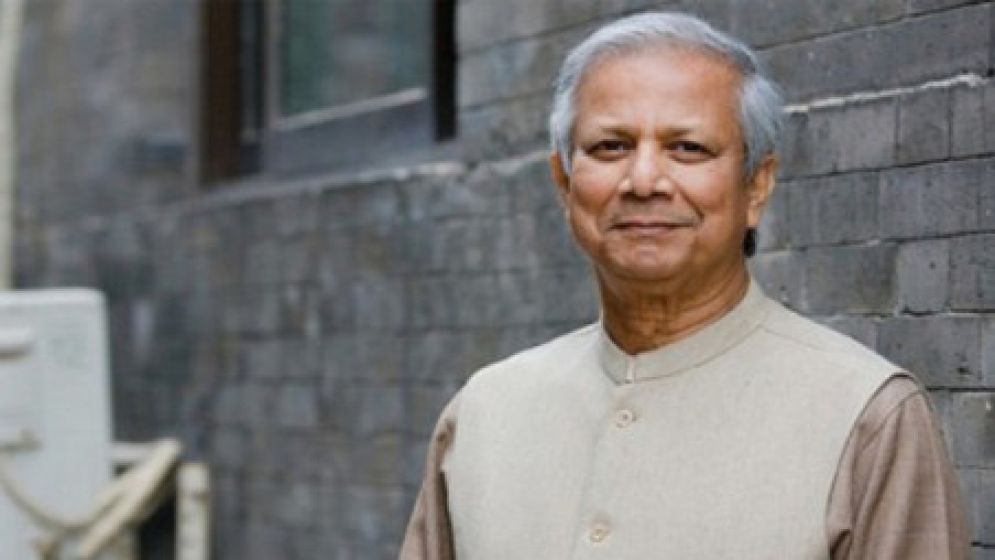Dr. Yunus meets political parties: Election reforms and term limits for PM proposed

Chief Advisor Dr. Muhammad Yunus convened a series of meetings on Saturday with various political parties to discuss potential government reforms and preparations for the upcoming parliamentary elections.
The discussions, held at the state guest house Jamuna from 3:00 PM to 8:00 PM, included leaders from several Islamic parties, including Hefazat-e-Islam.
The initial meeting, starting around 3:00 PM, featured two factions of Khelafat Majlish, with invitations also extended to the Jatiya Party, led by GM Quader.
During the discussions, leaders from Hefazat-e-Islam and six other Islamic parties proposed significant changes to the political system.
Their key proposal was to impose a two-term limit on the Prime Minister, ensuring no individual could serve more than two terms. They also advocated for swift implementation of these reforms, with national elections to follow in a timely manner.
Following the meeting, Hefazat-e-Islam leader and Secretary General of Bangladesh Khelafat Majlish, Maulana Mamunul Haque, spoke to the press around 4:00 PM.
He underscored the importance of enforcing a two-term limit for the Prime Minister and stressed the need for timely national elections after the necessary reforms.
Mamunul Haque noted that Dr. Yunus had shown support for these proposals and was inclined to proceed with elections once the reforms were enacted.
When asked about the "reasonable time" for implementing these reforms, Mamunul Haque explained that no specific timeline was discussed.
He added that the meeting included leaders from Bangladesh Khelafat Majlish, Khelafat Majlish, Jamiat Ulema-e-Islam Bangladesh, Nezame Islam, and Khelafat Andolan.
The reform proposals from the Islamic parties primarily centered on overhauling the election system. Mamunul Haque remarked, "We proposed essential reforms to ensure that every voter across the country has adequate representation in the national parliament."
He also advocated for a balance of power to avoid concentrating authority in the hands of the Prime Minister, which could potentially lead to autocracy.
In addition to these political reform proposals, Mamunul Haque expressed concern about the disappearances of individuals associated with Hefazat-e-Islam movements, noting numerous cases and instances of violence.
He called for the creation of a tribunal, if necessary, to deliver prompt justice for the victims and hold accountable those responsible, including those who issued the orders.
Furthermore, Mamunul Haque urged that no anti-Islamic laws be enacted and requested a one-month period for the withdrawal of cases against Hefazat-e-Islam, either through executive orders or legal procedures.
Following these discussions, other parties, including Bangladesh Islami Andolon, the Liberal Democratic Party (LDP), Jatiyatabadi Samomona Jote, Bangladesh Jasod, the 12-Party Alliance, and Gano Forum, also met with Dr. Yunus to share their perspectives.
LDP leader Oli Ahmed told the media that they planned to submit several reform proposals addressing the election commission, police, administration, and judiciary. He highlighted the importance of these reforms in relation to the election timeline.
Sources suggest that after the initial round of meetings, the government intends to conduct more detailed discussions on specific issues with various parties and alliances in the second phase, aiming to develop a roadmap promptly.
The Chief Advisor has already engaged with major parties such as BNP, Ganatantra Mancha, Jamaat-e-Islami, and the Communist Party on August 12-13.
In this ongoing dialogue process, the Awami League, which was removed from power on August 5, along with its 14-party alliance partners, has been excluded.
The interim government, formed on August 8, was established following discussions between political parties and the military, without the involvement of the Awami League.
—

